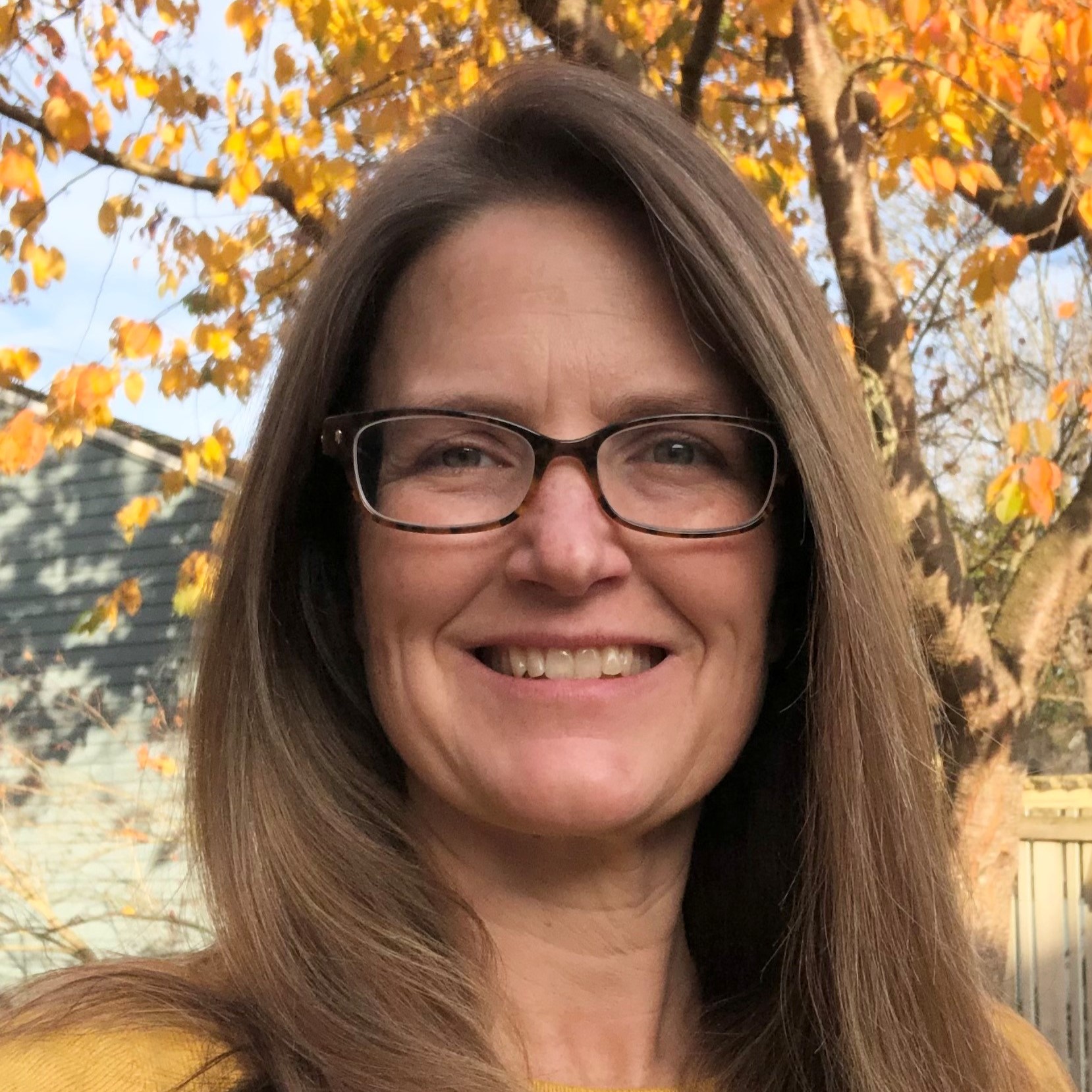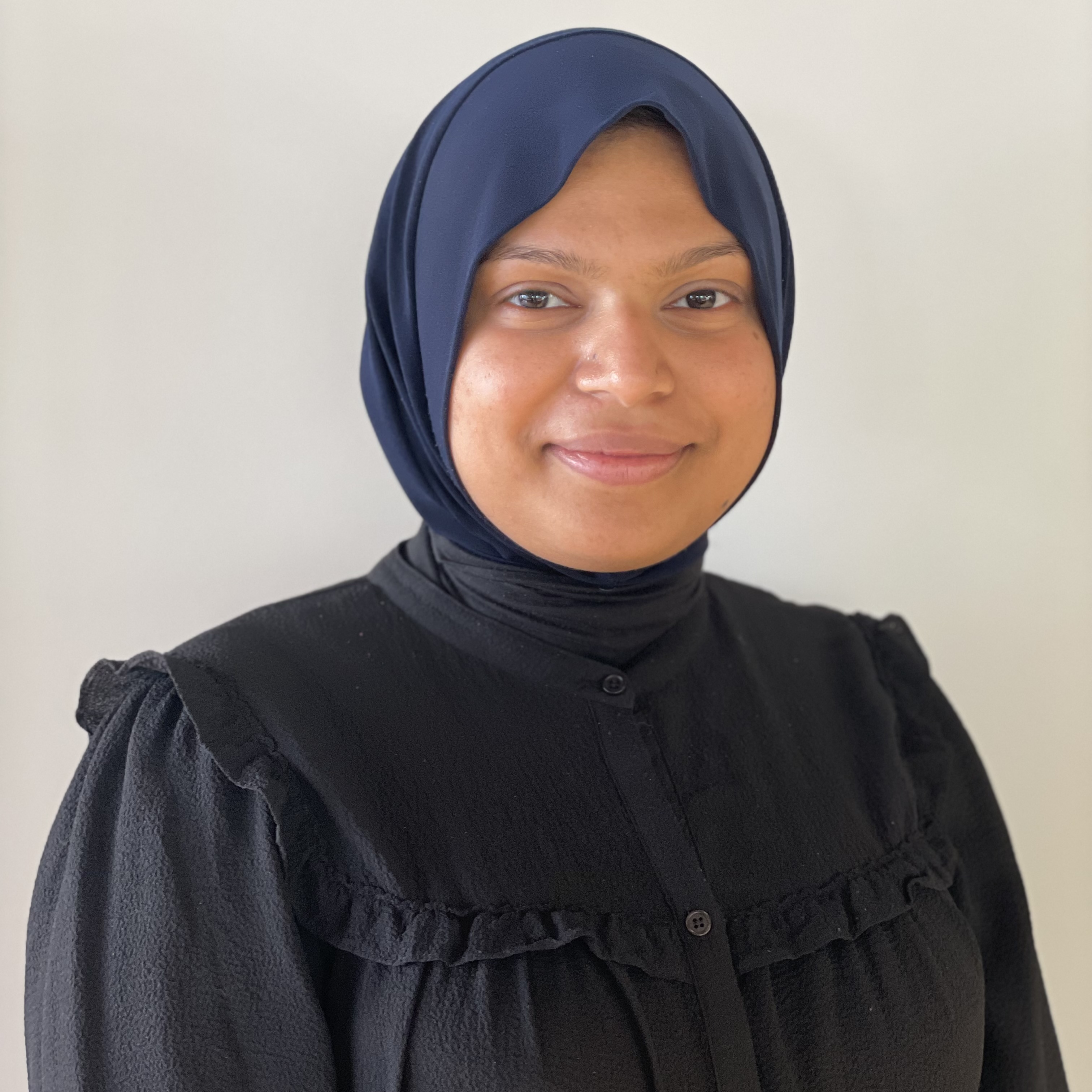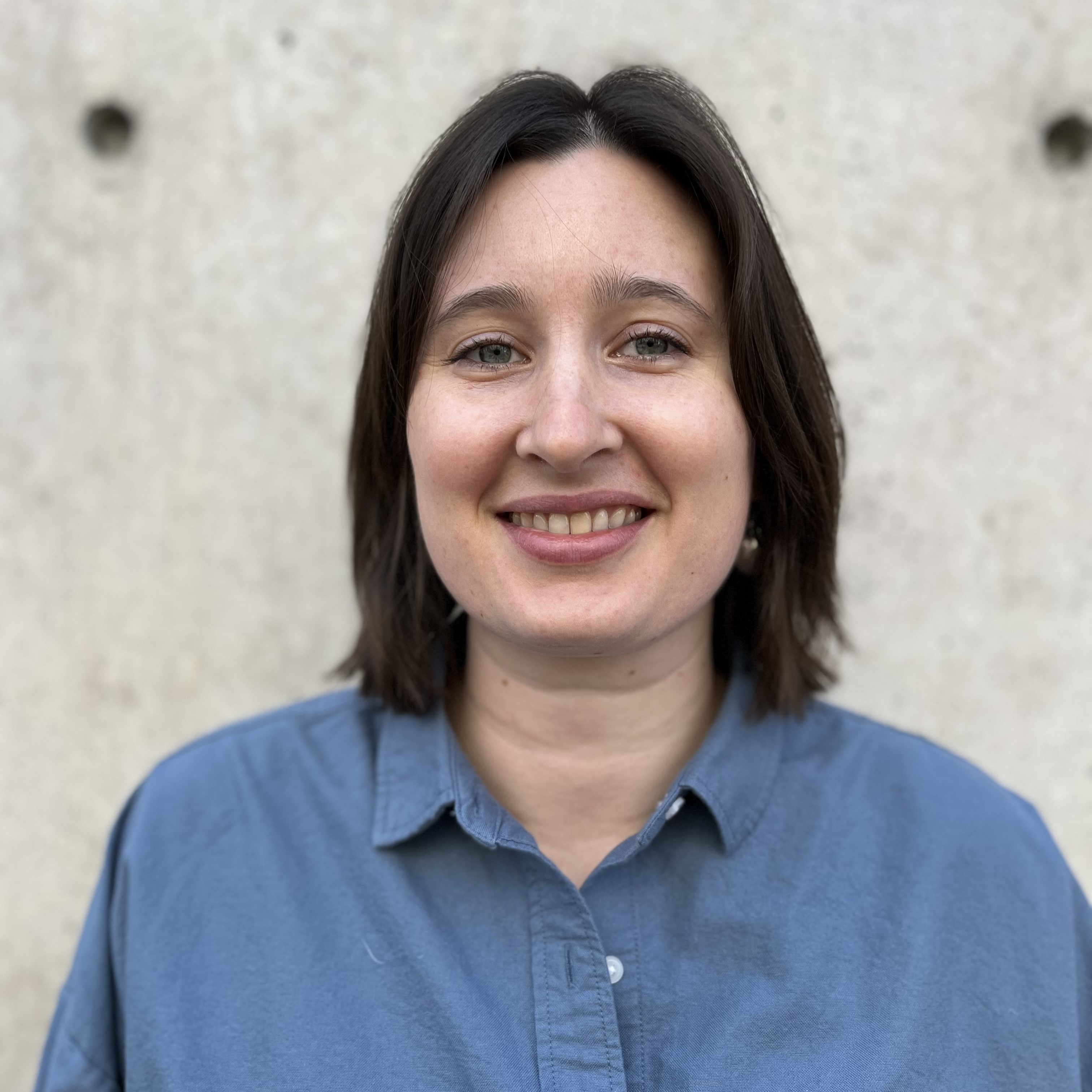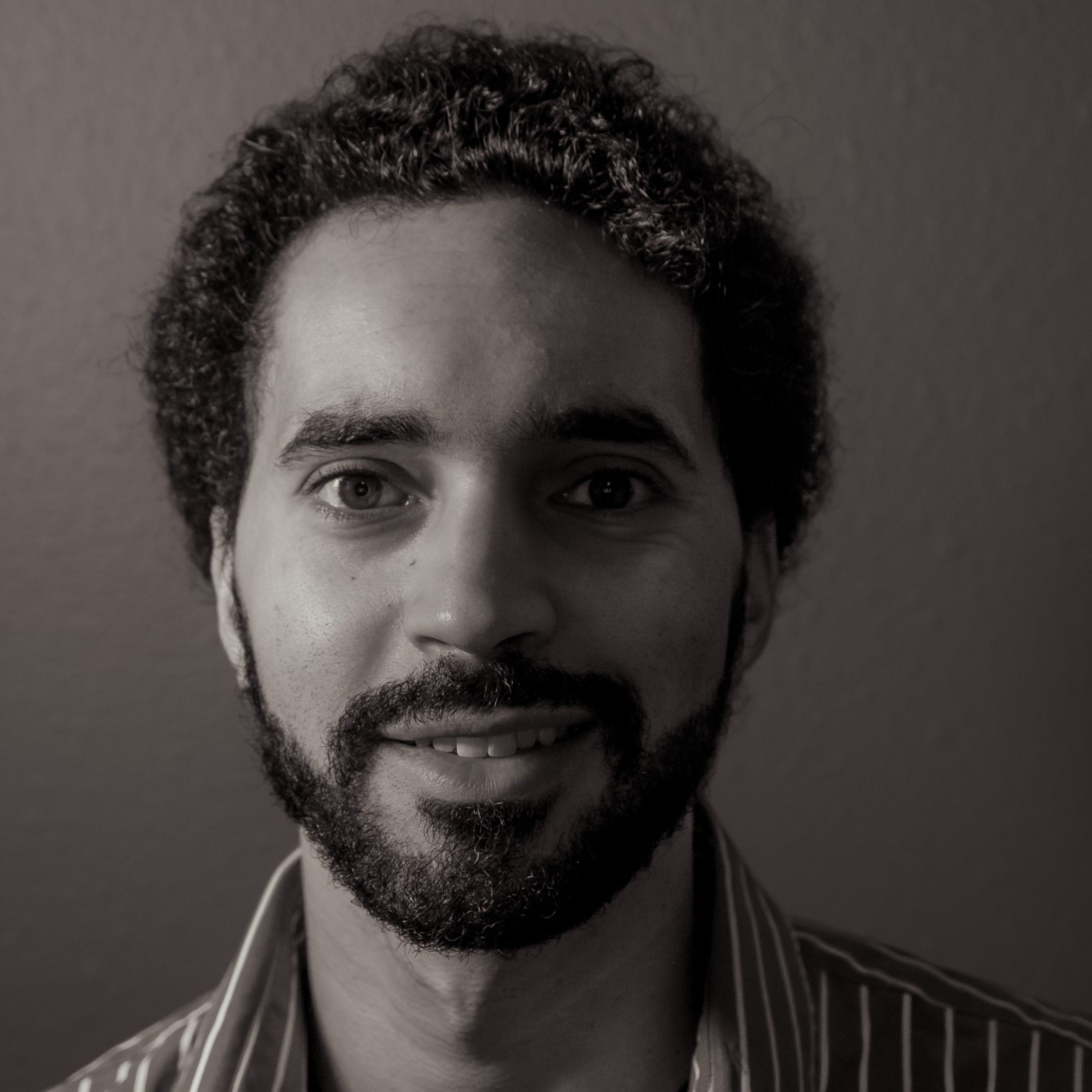- About Us
- Events & Training
- Professional Development
- Sponsorship
- Get Involved
- Resources
Hot Off the Press: Cross-Sector Collaborations and Solutions to Mitigate Extreme Heat in Washington
Session 3D | Wednesday | 4:15 PM – 5:30 PM (PT)
Extreme heat is the number one cause of weather-related fatalities nationally. In Washington State, the devastating 2021 Heat Dome highlighted the inequitable impacts of extreme temperatures as well as the need to equip government systems and residents to better prepare for and respond to extreme heat events before they occur. To help Washington communities adapt to climate change, planners must encourage local extreme heat resilience. This session will feature multiple innovative examples of how local agencies have successfully engaged community partners and developed cross-sector collaborations focused on addressing extreme heat. It will also feature heat planning and preparedness strategies related to the built environment, urban forestry, green spaces, heat emergency response, multilingual outreach, and building resilience in heat-sensitive communities, many of which could be adapted across Washington state. The panel will contain three speakers conducting cross-disciplinary heat preparedness and planning work at the regional, county, and city levels.
 Lara Whitely Binder Lara Whitely BinderKing County Executive Climate Office, King County
Lara Whitely Binder is the Climate Preparedness Program Manager for King County. In this role, Lara is responsible for working with King County agencies and communities to prepare for the impacts of climate change. Prior to joining King County in 2017, Lara worked extensively with local, state, and tribal governments in the Northwest on climate adaptation as a Senior Strategist for the University of Washington Climate Impacts Group.
 Daaniya Iyaz Daaniya IyazExtreme Heat Mitigation Strategy Specialist, King County Executive Climate Office
Daaniya Iyaz (she/her) is the Extreme Heat Mitigation Strategy Specialist in King County's Executive Climate Office, and this is her third role with the County. Her current role is centered around the implementation of the recently released countywide King County Extreme Heat Mitigation Strategy, which she developed in partnership with King County staff and local partners. Her educational background, completed at the University of Washington, focused on the health impacts of extreme climate events. Daaniya has lived in King County for almost her entire life, and she is passionate about fostering climate adaptation strategies and resilience in local communities.  Mary Hannah Smith, AICP Mary Hannah Smith, AICPResearch Coordinator, University of Washington
Mary Hannah is a research coordinator with the Collaborative on Extreme Event Resilience. She trained as a city planner and is proficient in small group facilitation, GIS, and qualitative research methods like content analysis and focus groups. Her professional experiences include leading climate and hazard mitigation planning processes for small towns in Massachusetts, researching climate hazards and their influences on public health, and managing outage communication software projects for electric utilities. Prior research explored obstacles to managed retreats, and her current interests center around climate change adaptation, natural hazard mitigation, and land use.  Addison Houston, MCRP, AICP Addison Houston, MCRP, AICPClimate Adaptation Strategist & Environmental Health Response Coordinator, Public Health – Seattle & King County, Climate Health Equity Initiative
Addison Houston is a Climate Adaptation Strategist for Public Health – Seattle & King County’s Climate & Health Equity Initiative, and member of the American Institute of Certified Planners (AICP) through the American Planning Association (APA). Addison brings forward his experience working at the intersections of community planning, public health, and emergency management. Helping to lead King County’s efforts to reduce the health impacts of climate change through the development of strategies and implementation of actions, for a climate just and equitable future. Addison obtained his master’s in city & regional planning (MCRP) from California Polytechnic State University, San Luis Obispo.
|

